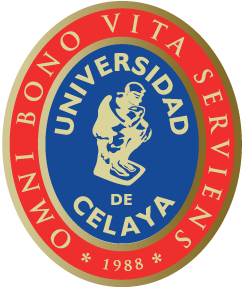Specialty in Applied Research in the Social and Administrative Sciences
SEP Agreement 20220452To train specialists in research methods applied to the study of social and administrative problems, facts and phenomena, capable of diagnosing and posing research problems of a social or administrative nature in order to address, describe, study and understand them, using the scientific methods that have been developed by the academic community for this purpose and applying the universal ethical principles that govern scientific research, and thus generate evidence to propose solutions to these problems and achieve the welfare of society.
Why Studying at the Uni?
By studying the Specialty in Applied Research in Social and Administrative Sciences you will develop your knowledge, skills and research attitudes applied to the study of social and administrative problems, facts and phenomena, and you will be able to diagnose and propose research problems of a social or administrative nature in order to address, describe, study and understand them, using the scientific methods that have been developed by the academic community for this purpose and applying the universal ethical principles governing scientific research, and thus generate evidence to propose solutions to these problems and achieve the welfare of society.
Given the need for research specialization programs with official validity, the Universidad de Celaya offers this program in virtual mode so that people interested in working in the academic and/or research consulting field can develop the necessary learning from the geographic location where they are.
The team of teachers is led by Dr. Roberto Hernández Sampieri, author of seven editions of the Latin American reference book Research Methodology, who will closely accompany students in learning and developing the skills of research methodology:
- Statement of the research problem, development of the theoretical perspective, design of research methods, data collection and analysis, and reporting of results.
- Critical evaluation of research papers.
- Use of technological tools for research.
- Dissemination of research results.
Academic Excellence
- Business approach.
- Highly Qualified Professors
- Continuous updated curriculum
- Favour real case studies and the use of advanced technological tools
Duration
- The Specialty in Applied Research in Social and Administrative Sciences is structured in three semesters; each semester two subjects are taken during a period of 13 weeks, reaching a total of six subjects which are oriented to cover the graduate profile and the competencies of the specialty.
Modality
- The Specialty in Applied Research in Social and Administrative Sciences is structured in three semesters; each semester two subjects are taken during a period of 13 weeks, reaching a total of six subjects which are oriented to cover the graduate profile and the competencies of the specialty.
Syllabus
- Introduction to social and administrative research.
- Research problem and current state of knowledge.
- Quantitative research process in social and administrative sciences.
- Qualitative and mixed research process in social and administrative sciences.
- Development of applied research projects in social and administrative sciences.
- Reports and dissemination of research in social and administrative sciences.
Entry Profile
Students entering the Specialty in Applied Research in the Social and Administrative Sciences must be graduates of a degree or bachelor's degree in social sciences and have taken at least one course in research methodology, research methods or equivalent, as well as have the following elements:
- KNOWLEDGE ABOUT:
- Basic vocabulary for reading in English.
- Descriptive statistics.
- Basic Internet navigation.
- SKILLS FOR:
- Intermediate office automation skills.
- Team work on research projects.
- Operate computer programs.
- Generate tables and graphs.
- To elaborate or draft writings.
- APTITUDES:
- Ability to achieve effective interpersonal communication.
- Capacity for analysis and synthesis.
- ATTITUDES:
- Commitment to truth and veracity.
- Awareness that the researcher has a permanent commitment with the Society.
- Discipline and punctuality.
- Proclivity to innovation and the use of information technologies.
- Favorable attitude towards science, knowledge generation and research methodology.
Graduate profile
At the end of the program, graduates of the Specialization in Applied Research in the Social and Administrative Sciences will have developed the following knowledge, skills and attitudes:
- KNOWLEDGE ABOUT:
- Processes and mechanisms for posing scientific and professional research problems in the social and administrative sciences.
- Structures of quantitative, qualitative and mixed research proposals and protocols in the social and administrative sciences.
- Research methods to address and study social and administrative problems under a quantitative, qualitative and/or mixed approach.
- Techniques to collect and analyze quantitative and qualitative data with rigor, reliability and validity in quantitative, qualitative and mixed research.
- Editorial styles and citation standards for research reports and scientific papers in the social and administrative sciences.
- SKILLS FOR:
- To pose research problems in a clear and pertinent manner in the field of social and administrative sciences in order to study them under a quantitative, qualitative or mixed approach.
- Explore the current state of knowledge in reliable and current sources adequate to frame the research problem statement, locate previous studies that refer to it, and develop a theoretical perspective to support the research.
- Review relevant literature to develop the theoretical perspective to guide the inquiry.
- Apply appropriate quantitative, qualitative or mixed research methods to respond to the initial problem statement.
- Implement experimental, non-experimental, qualitative and mixed research designs in order to satisfactorily respond to the research problem statement.
- Implement quantitative, qualitative and mixed collection and analysis techniques in order to satisfactorily answer the research questions and meet the objectives of the study.
- To validate the scientific rigor of its research and guarantee the validity and reliability of its results.
- Prepare appropriate research reports to communicate the results of the study with clarity and under the standards of scientific publication.
- Manage digital tools, collaborative work and project management for research.
- Analyze scientific articles and research reports according to international standards.
- To understand research as a process of social construction based on the norms of scientific research.
- ATTITUDES AND VALUES RELATED TO RESEARCH:
- High ethical sense to apply the universal principles that govern research.
- Ability to work as part of a team in conducting research.
- Proactivity to apply different methods to social and administrative research problems.
- Openness to new methods and models for conducting social and administrative research.
- Innovation to develop new ways of implementing research techniques.
- Critical and self-critical attitude applied to research.
Know your campus
¿Qué tan buena es la Universidad de Celaya?

Phone number: +52 (461) 613 9099
informes@udec.edu.mx
Location: Carretera Panamericana km. 269 Col. Rancho Pinto, Celaya, Guanajuato, Mexico C.P. 38080
This website uses cookies to enhance the user experience and ensure its efficient operation. By using it you agree to the use of cookies.
